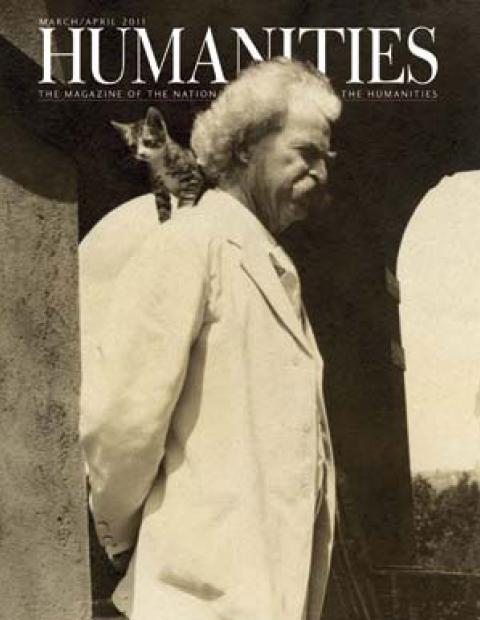The question of authority among writers nags us less today than it did in the late Middle Ages, when poets and philosophers began daring to pen their works in the vernacular. Dante’s use of Italian rather than Latin in writing the Comedy was audacious and is the most telling example. But the Florentine had more to contend with than just establishing Italian as a valid tongue of literary expression. As Albert Russell Ascoli demonstrates in Dante and the Making of a Modern Author, he had to reckon with concepts governing the authority to write in the first place.
“In the Middle Ages,” writes Ascoli, who received NEH funding for his book, “an ‘author’ (Latin auctor and autor; Italian autore) was not any old writer of literature, but instead, and against the modern definition, a person who possessed auctoritas, and who might also have produced texts that were known as auctoritates.” So, the Latin word “auctor,” meaning, here, someone with expertise on a particular subject, did not share the meaning we associate with “creative writer.” This concept of authorship was in tension with an emerging usage of the word in reference to, as Ascoli quotes St. Bonaventure, “any person who writes a book.”
The Tuscan poet’s insertion of the venerable classical literary authority Virgil into his tale as guide solved the problem in an intriguing way. “Dante,” writes Ascoli, “has somehow, metaphorically, become Virgil’s authorial creation, his work. In reading Virgil, he has been taught by Virgil . . . and that teaching made him what he has now become. . . . This, in turn, would introduce an irony, one around which Virgil’s presence in the Commedia continuously spirals: having ‘authored’ Dante, Virgil himself has become a character in a book of which Dante is the author.” Modern bestselling novelists who don’t even have to try to wrap their minds around such feats of storytelling can simply say, “Grazie, signore. Molte grazie!”

